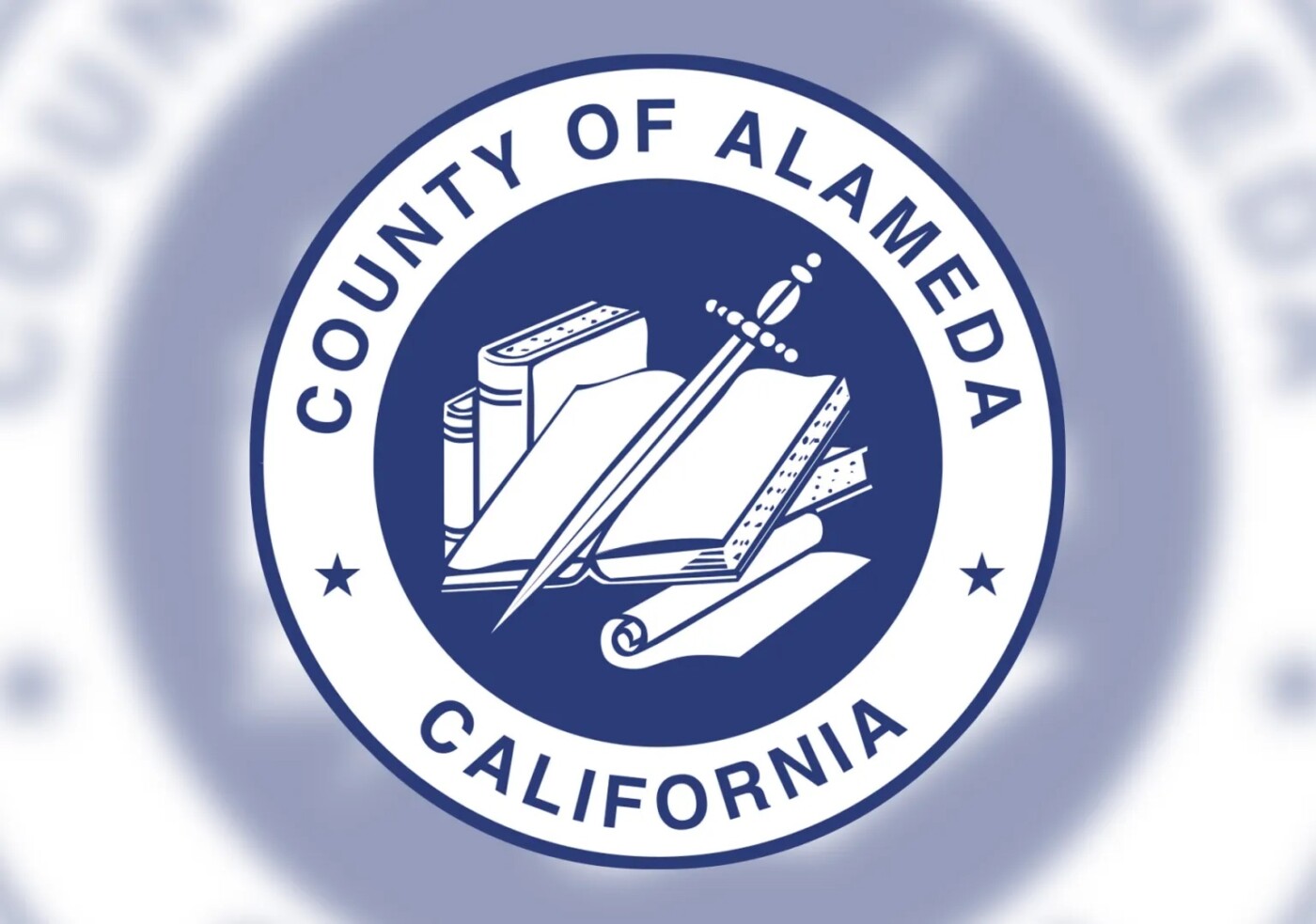For over five hours within a packed chamber last week, the Alameda County Board of Supervisors listened to staff and comments from members of the public to determine how to allocate $810 million generated from measure W, a sales tax originally intended to address homelessness.
The board ultimately came to a unanimous, albeit non-official, decision to spend 80% of the funds on homelessness programs and 20% on other social support services.
The decision came after county staff recommended two funds should be made, one pool in which the accrued $810 million be distributed and another of an estimated $1.02 billion generated over the next 5 years, that would go progressively go toward ongoing projects.
Staffers also suggested creating a $170 million reserve in case of economic uncertainty or a lag in sales tax income.
According to Supervisor Nikki Fortunato Bas, at a special meeting this Wednesday at 10 a.m., the Board of Supervisors will take a formal vote to implement the direction given from the previous meeting on July 22.
Measure W narrowly passed in 2020 by less than 1% and introduced a sales tax of 0.5% for 10 years across Alameda County. It was estimated that at least $150 million a year would be generated for county services specifically dedicated to more housing resources and direct services for individuals experiencing homelessness.
By the time of the supervisors’ special meeting, $810 million was generated, but was unavailable due to a lengthy court battle after the Alameda Taxpayers Association sued Alameda County. The association argued the sales tax, earmarked to address homelessness, was a special tax which would need a two-thirds majority approval by the public rather than just a simple majority.
Judge Jeffrey S. Brand sided with the association saying the funds that accrued over the past five years would be made available to Alameda County as a general fund, meaning it must be distributed by the Board of Supervisors rather than be earmarked for specific purpose.
Home Together Plan
Before the July 22 special meeting, Fortunato Bas, whose district includes large portions of Oakland, was among those calling for most, if not all, the money to be spent on addressing homelessness throughout the county.
“I think it’s important for the public to know that the county does have a plan for addressing homelessness, it’s called our Home Together Plan, and that plan shows that we need to spend $2.5 billion dollars over five years to address homelessness,” Fortunato Bas said Monday.
In addition to Fortunato Bas, local advocacy groups and the mayors of all Alameda County’s 14 cities are echoing the call to prioritize homelessness prevention and response programs.

“First, we wish to affirm support for 100% of Measure W to be devoted to homelessness solutions, as was promised to our voters,” according to a letter from the Alameda County Mayors’ Conference and signed by its president, Hayward Mayor Mark Salinas, and Berkeley Mayor Adena Ishii, chair of the conference’s working group on homelessness. “Furthermore, Measure W investments should prioritize reducing racial disparities and meeting the needs of populations that are over‐represented in homelessness,” according to the letter.
“Oakland unites with cities across the County to reinforce this priority, as it was promised to the voters,” wrote Oakland Mayor Barbara Lee. “As elected officials, we cannot retain the trust of our voters if we do not commit to truth in advertising.”
The view from the audience
While local leaders were calling for more funding for homelessness programs, the public had differing views on how to distribute the money.
Members of the public could speak for one minute and the public comment period was 90 minutes long. Many echoed the calls by local leaders to invest the vast majority of the funds to address homelessness. They said they were tired of seeing the problem not being addressed adequately or they themselves knew the difficulty of finding resources.

Nonprofits like the Oakland LGBTQ Community Center said 40% of the houseless youth they encounter is LGBTQ, disproportionate to the makeup of queer and trans youth in the general population. They said the county has a responsibility to fund nonprofit organizations like themselves to help the community at large.
However, organizations like the East Bay Rental Housing Association asked the board to allocate the funds to landlords and property owners. They say their members were hit hard economically by the COVID-19 pandemic and moratorium on eviction and want the county to provide at least $100 million to pay them back for lost income.
Close to 10 p.m., after a five-hour special meeting, many of the attendees and supervisors were tired but still expressed their determination to find an outcome that had a net positive for the East Bay community.
A slideshow on Measure W presented during the meeting can be downloaded online.
The post AlCo supes achieve consensus on Measure W funds, but homeless advocates want more appeared first on Local News Matters.
